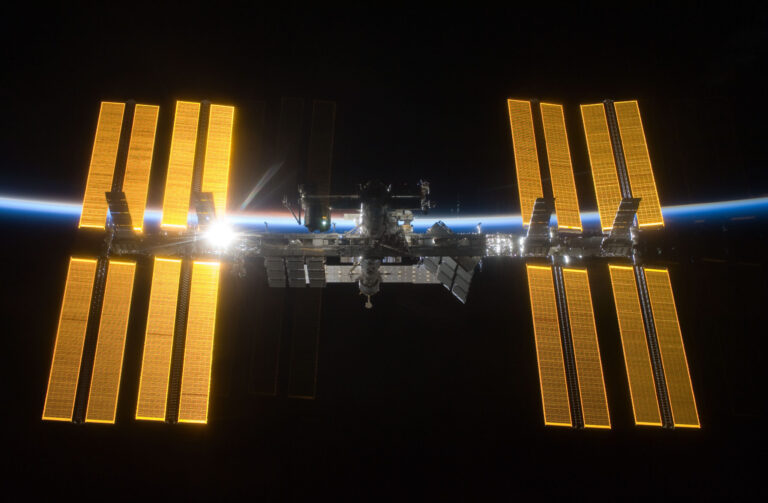
On Sep. 12th, 2023, the National Academies of Science, Engineering, and Medicine (NASEM) released their Decadal Survey on Biological and Physical Sciences Research in Space 2023-2032.
A Decadal Survey is a 10-year plan created by NASEM that outlines the missions and goals of a certain scientific discipline by using community-driven input and data. This is only the second decadal survey for biological and physical sciences in space conducted by NASEM.
Thriving in Space (the title of this decadal survey) discusses the need for funding, commercial support, a renewed focus on BLiSS, and potential research areas for astrobotany for 2023-2032. Here are the key takeaways.
NASA needs more money for its biological and physical sciences programs.
In the summarized version of the decadal, the message is clear: NASA’s biological and physical sciences (BPS) programs are severely underfunded. The decadal survey, which is sponsored by NASA, is making a direct statement to U.S. Leaders. It’s saying, “We need to increase our biological and physical sciences budget by 10x in order for us to remain a world leader in these fields.” This call for funding is a direct response to the steady deflation of NASA’s BPS budget, despite the fact that more experiments than ever are being performed in space.
The retirement of the International Space Station will increase NASA’s reliance on the private sector for LEO activities.
As the International Space Station (ISS) transitions into mostly commercial activity until its deorbit in 2031, NASA is counting on U.S. commercial space companies to help them replace their LEO operations. Blue Origin, Nanoracks, and Northrop Grumman have all been named as possible new operators of an ISS replacement. Given this context, the decadal states that the path from the ISS to commercial space stations is not clear, also mentioning that “while NASA has published resource needs, actual design requirements are not yet available”. This leaves the future of NASA’s LEO activities up to the private sector to solve.
Bioregenerative Life Support Systems (BLiSS) are identified as a key research campaign, along with sustainable material manufacturing in space.
Bioregenerative Life Support Systems (BLiSS), defined by the decadal as “space environments that are sustainable for long periods of time independent from Earth”, are a key research campaign in Thriving in Space. The decadal calls for funding of coordination between NASA, other space agencies, and commercial partners to “build and understand the systems that would provide high-quality food, refresh air and water, process wastes, and enable the creation of space environments sustainable for long periods of time.”
The other key campaign is MATRICES (Manufacturing mATeRials and proCEsses for Sustainability in Space), which the decadal describes as “address[ing] how to make best use of a limited amount of resources on a long-duration space mission, including how to manufacture and repair habitats, materials, and technologies for sustainable exploration.”
The decadal discussed at least 4 potential astrobotany research areas.
1. Plant growth and survival in Lunar Regolith.
The decadal is interested in growing plants in lunar regolith. Citing it as having the potential to reduce transport costs, it calls for more research into using extraterrestrial regoliths for astrobotany.
2. New methods to interpret and use our massive amount of genetic data retrieved from spaceflight.
Did you know that we have massive amounts of publicly available biological data from space that needs a good look-over? The decadal committee knows- and they’re looking for ways to use those data to better understand biology in space. Our genetic databases are an extremely valuable resource that needs to be tapped.
3. Plant-microbial interactions for thriving space agriculture.
Plant-microorganism relationships are important on Earth and they’ll be important in space too. The decadal identifies molecular research into these plant-associated microorganisms as critical in filling in astrobotany knowledge gaps.
4. Multi-generational effects in crops and other biological organisms
Plants in space respond to stress with epigenetic changes- the decadal wants to know how epigenetic changes will affect multiple generations of plants grown in space. Will new generations of crops be able to adapt? This focus area has the potential for discoveries that could be applied to genetics research of humans in space.
